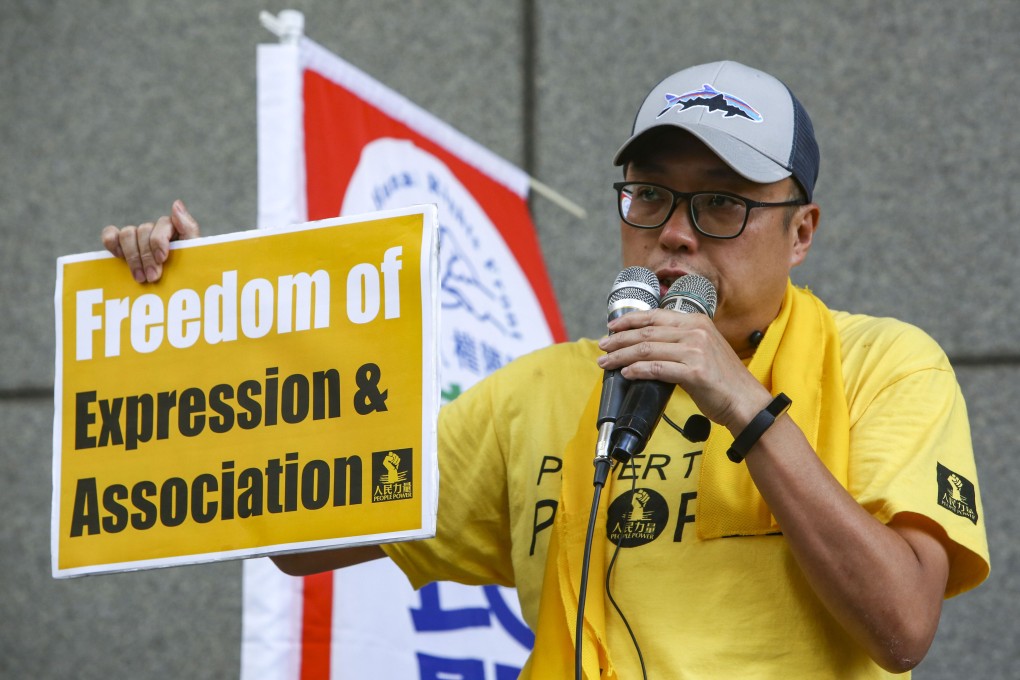Advertisement
Hong Kong protests: judge rules insulting city’s government ‘a challenge to Beijing’s authority’ as ex-radio host Tam Tak-chi found guilty under sedition law
- Opposition activist Tam Tak-chi was found guilty of 11 charges in first sedition trial since the city’s return to Chinese rule in 1997
- District Court Judge Stanley Chan found rallying cry during the anti-government protests in 2019 was capable of inciting sedition
Reading Time:3 minutes
Why you can trust SCMP

Insulting or verbally abusing the Hong Kong government amounts to a challenge against Beijing’s authority, a judge has ruled in finding an opposition activist guilty of 11 charges in the city’s first sedition trial since its return to Chinese rule in 1997.
Advertisement
District Court Judge Stanley Chan Kwong-chi, hand-picked by the city’s leader to oversee national security proceedings, on Wednesday upheld the constitutionality of sedition offences under the Crimes Ordinance, saying they were compatible with other provisions in the mini-constitution, the Basic Law and the Hong Kong Bill of Rights.
He also found that a rallying cry during the 2019 anti-government protests that called for Hong Kong’s “liberation” and a “revolution of our times” was capable of inciting others to separate the former British colony from Chinese soil – a ruling consistent with one handed down in the first national security law trial last year.
Former radio presenter Tam Tak-chi denied 14 charges, including eight related to allegedly uttering seditious words, over his role in various public gatherings between January and July of 2020.

The 49-year-old former People Power vice-chairman, popularly known as “Fast Beat”, was escorted to the dock and denied access to his legal representative before Wednesday’s hearing, after the judge expelled his lawyer from the court because the latter had not received a Covid-19 jab.
Advertisement
Advertisement
Select Voice
Choose your listening speed
Get through articles 2x faster
1.25x
250 WPM
Slow
Average
Fast
1.25x